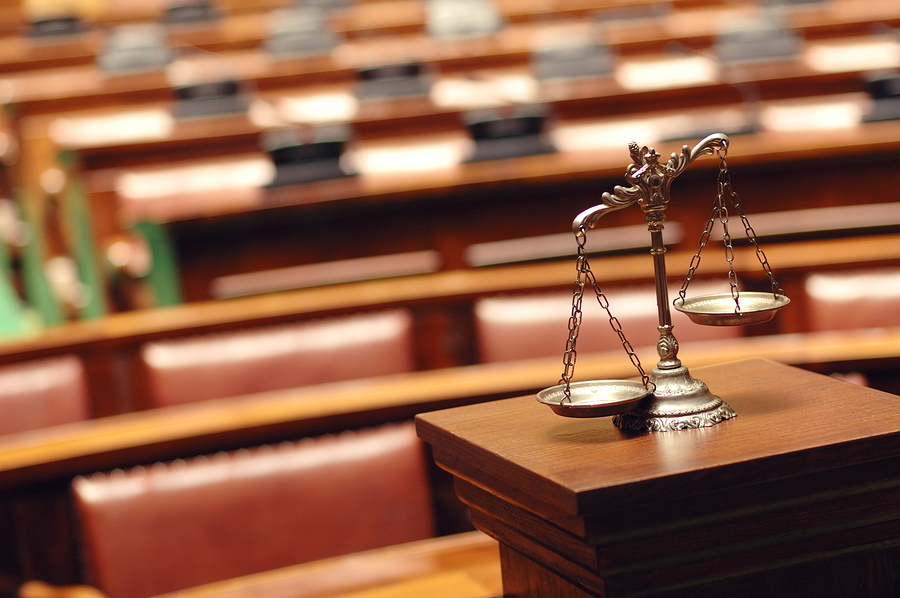In today’s technology driven world it seems our phones are attached to our hips whether we like it or not. We are driven by the accessibility and connection that these tiny machines provide us. But what right do you have regarding your phone after your death?
In March, Florida police pulled over Linus Phillips for illegally tinted windows. Upon speaking with Mr. Phillips, Officer Steiner detected the smell of marijuana. However, before Officer Steiner was able to perform a search of the vehicle, Mr. Phillips began driving in reverse. Officer Steiner was dragged by the vehicle before he fired his weapon in self-defense and killed Mr. Phillips.
Detectives wanted to access Mr. Phillips’ phone during the resulting investigation. Accordingly, they went to the funeral home where Phillip’s body was located and attempted to use his finger to unlock his cell phone, but were unsuccessful. According to experts, the actions of the Florida detectives were likely legal. However, the macabre nature of these investigation tactics do raise potential legal and ethical issues that question the appropriateness of the detective’s actions.
Generally, when searching a person’s property you need a search warrant signed by a judge. In this case, the police believed a warrant was not necessary because there is no expectation of privacy once a person dies. It is true that the Fourth Amendment does not extend to the deceased, meaning that the dead are not protected against unlawful searches and seizures as they no longer have a “vested interest” in their person or property.
So what does happen to your property after you die? Generally, upon death your belongings go to your estate before being distributed by the executor of your estate pursuant to the terms in your will. If you die without a will, or intestate, state law determines who is next in line to serve as executor of your estate. Without knowing the circumstances of Mr. Phillip’s will, or lack thereof, it is unclear who would serve as the executor of his estate. However, once this person is determined, the executor may have the right to request the phone be turned over to the estate or, at the very least, have the right to receive notice of any warrant issued to search Mr. Phillip’s phone for information regarding the on-going investigation.
This doesn’t mean that you need to take your phone, or other belongings, to the grave with you. In fact, States have expansive laws protecting property of the deceased. Executors can be appointed to distribute your property and, if you fail to appoint an executor prior to your death, state laws will determine the individuals who may serve in this role.
If you have questions about your estate or what may happen to your property after death please contact us by phone at 704-457-1010 to set up a consultation. To learn more about our attorneys and practice areas, visit our website at www.lindleylawoffice.com.


